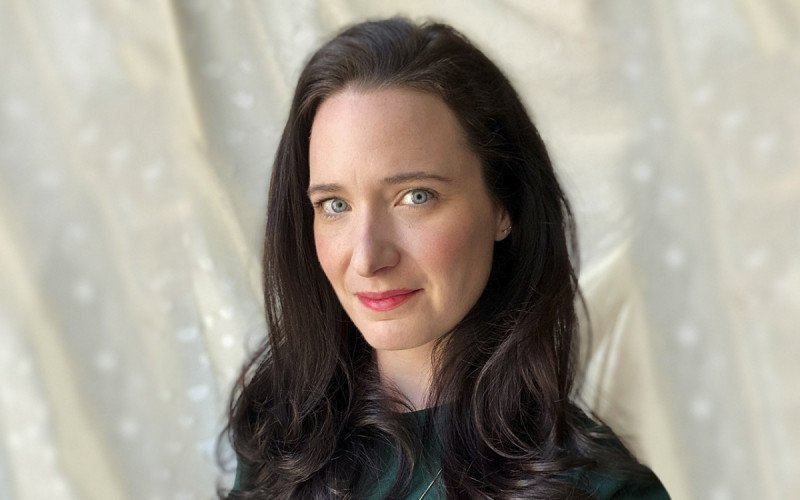
When and how did you first become interested in science?
I have always had a lot of curiosity — I even toted around a plastic microscope as a kid! But it wasn’t until college that I considered research as a career.
Was there someone along the way who nurtured your interest in science?
Evolution and development (or evo-devo) is one of a few upper-level courses that can be taken to fulfill requirements for a premedical degree in biology at the University of Florida. When I enrolled in evo-devo, I expected the course to be just that: a task to be completed on my way to medical school. I didn’t expect that the professor teaching the course, Martin Cohn, would later be my graduate advisor and mentor. Marty showed me how exciting it is to watch a blue spot appear on the leg of a lizard embryo to indicate where a gene is being expressed, and that, since the same gene is on in the same spot in a mouse embryo, it could be a clue that lizard and mouse legs develop by shared genetic mechanisms. I learned that all experiments should be driven by questions and hypotheses, and that the best experiments are informative whether or not they turn out how you expect. By encouraging creativity and creating an environment where ideas were generated, exchanged, and refined, Marty taught me how to be a scientist.
When you look back at your career 25 years from now, what do you hope to say about it?
While careful analysis and consideration are highly valuable, fear of mistakes and misinterpretation can be paralyzing. Sometimes I allow these fears too much agency and lose the ability to see a forward path. I hope that 25 years from now — ideally, much sooner than that — I will have achieved more balance between these states. I plan to look back on my decisions as being motivated not by avoiding an unwanted outcome but by achieving the desired one.
The best science isn’t done in a vacuum. I aspire to be in an environment of collaboration and respect as I finish my postdoc in the short term and plan to foster these ideas in (hopefully) my own lab in the long term. It will be spectacular to reflect on a career wherein I contributed positively to biological research both directly, through publications and talks, and indirectly, through social interactions, collaborations, and especially my future trainees.
Why did you choose Sloan Kettering Institute for your postdoc?
Developmental biology at SKI is exceptional. Our department is comprised of researchers who make strong, consistently well-respected and sometimes paradigm-shifting contributions to the field. The scientific rigor and integrity that are the defining characteristics of our lab heads shape the careers of their trainees. I especially appreciate that well over half of the developmental biology principal investigators at SKI are women, and I am grateful to have such excellent scientists as colleagues.
What do you always try to find time for outside of the lab?
Playing tennis!



